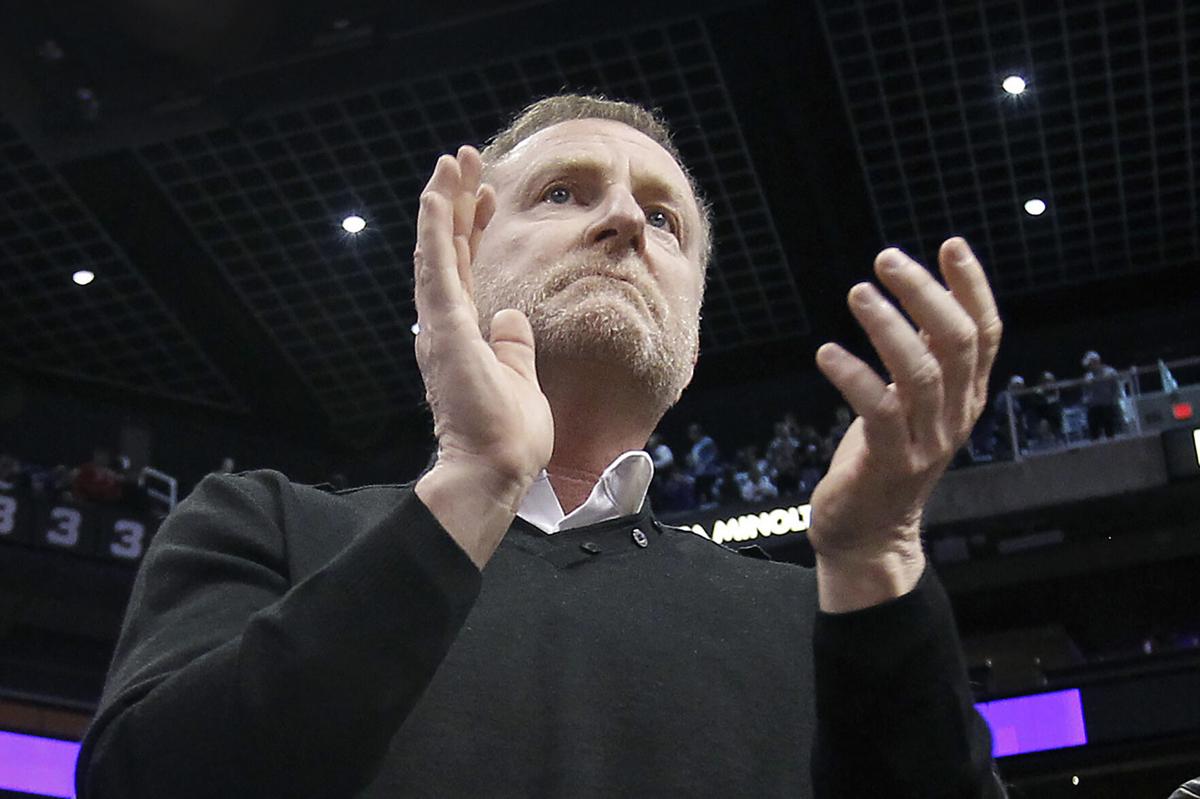PHOENIX — The Suns opened their season Wednesday with ownership in flux and a debate about cancel culture serving as a soundtrack.
When Suns and Mercury majority owner Robert Sarver announced his intention to sell the teams Sept. 21, he pointed to an “unforgiving climate” as the reason the one-year suspension issued by the NBA wouldn’t be enough.
Sarver said he believed the commissioner’s reprimand “would provide the time for me to focus, make amends and remove my personal controversy from the teams that I and so many fans love. But in our current unforgiving climate, it has become painfully clear that that is no longer possible.”
The Sabino High School and University of Arizona grad says a “cancel culture” mentality led to overreaction from the public.
“Canceling means a big red X,” said Carleton College Professor Deborah Appleman, who authored a book on how the cancel culture debate has permeated the classroom. “Canceling means don’t do this anymore, don’t read this anymore, don’t watch this anymore, don’t take part in this anymore.”
This isn’t the first time that a cancel culture debate has entered the sports arena.
In October 2021, Raiders coach Jon Gruden had emails leaked that contained racist and homophobic language, leading to his swift resignation later that day. Gruden apologized in a statement, but some felt he deserved better.
“Nobody was hurt or even offended,” blogger and podcast host Matt Walsh wrote in a tweet. “Call it what it is: Gruden is getting canceled for thought crimes.”
Aaron Rodgers felt he was “in the crosshairs of the woke mob right now” and that he was awaiting “the final nail … put in my cancel culture casket” after he stirred strong reaction when revealing he wasn’t vaccinated after saying he was.
Social media has heightened the debate about cancel culture, best defined as a group of people shedding light on a comment or action by someone, often a public figure, to shame them on a large stage. Ramifications can include job loss and reputational damage.
“Cancel culture is usually a derogatory term. Nobody is saying about themselves that they are engaged in canceling or that they want to be identified as canceling somebody,” said Sigal Ben-Porath, an expert on free speech and English professor at the University of Pennsylvania.
“Cancel culture is really a negative term to describe what people suggest to be unjustified or over-the-top responses to undesirable speech.”
Sarver felt that way after he was accused of racist and misogynistic allegations from inside the organization.
Not everyone sees cancel culture as negative.
“I think in theory it affects society positively because the people who routinely transgress can’t continue to transgress,” said SFGate.com columnist Rod Benson. “I think about when it’s working really well there are improvements to policing. I think about teachers being racist and if you’re a racist teacher I prefer you don’t teach these kids so that makes a lot of sense.”
Sarver’s critics believe his use of inappropriate language and abuse of power relate to his ability to manage a team and maintain a professional work environment and believe the punishment fits the crime.
“With the example of authors who have been canceled, what they are accused of doing has absolutely nothing to do with their writing ability,” Appleman said. “It’s a judgment on their character.”
Sarver is not happy about selling his basketball team and said he would prefer to be forgiven for his actions so he could move forward and oversee the team he purchased in 2004.
Benson thinks there could be more forgiveness in the world and believes people should be allowed to learn from their mistakes as long as the mistake is not irredeemable.
“I think (Sarver) is probably less redeemable but not beyond redemption,” Benson said. “At the end of the day, most of what he did are things a lot of wealthy people do and I think it’s not unreasonable to think that he could learn that these things actually were bad.”
Others question Sarver’s lack of accountability.
“He doesn’t seem to be introspective at all,” Benson said. “He is more just wondering why the world is not bending to him so it doesn’t seem like he cares to change.”





